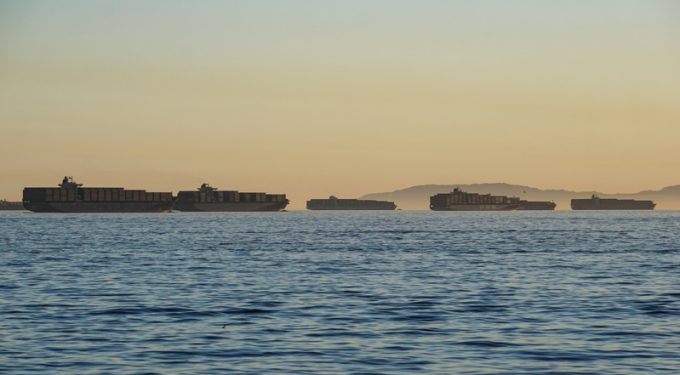Up to $1.5m fee for every Chinese-built box ship calling at a US port
Following its investigation into what it concluded was unfair Chinese state support of maritime supply ...

US lawmakers have voted overwhelmingly in favour of the Ocean Shipping Reform Act (OSRA) of 2022, which will see the Federal Maritime Commission’s (FMC) powers greatly increased.
The bill still needs the signature of President Joe Biden, but that is seen as a formality, given his recent critical comments on ocean carriers.
FMC chairman Daniel Maffei said: “I applaud today’s passage of the Ocean Shipping Reform Act of 2022 by the US House of Representatives and look forward to this legislation being signed ...
Asia-USEC shippers to lose 42% capacity in a surge of blanked sailings
USTR fees will lead to 'complete destabilisation' of container shipping alliances
New USTR port fees threaten shipping and global supply chains, says Cosco
Outlook for container shipping 'more uncertain now than at the onset of Covid'
Transpac container service closures mount
DHL Express suspends non-de minimis B2C parcels to US consumers
Zim ordered to pay Samsung $3.7m for 'wrongful' D&D charges
Flexport lawsuit an 'undifferentiated mass of gibberish', claims Freightmate

Comment on this article